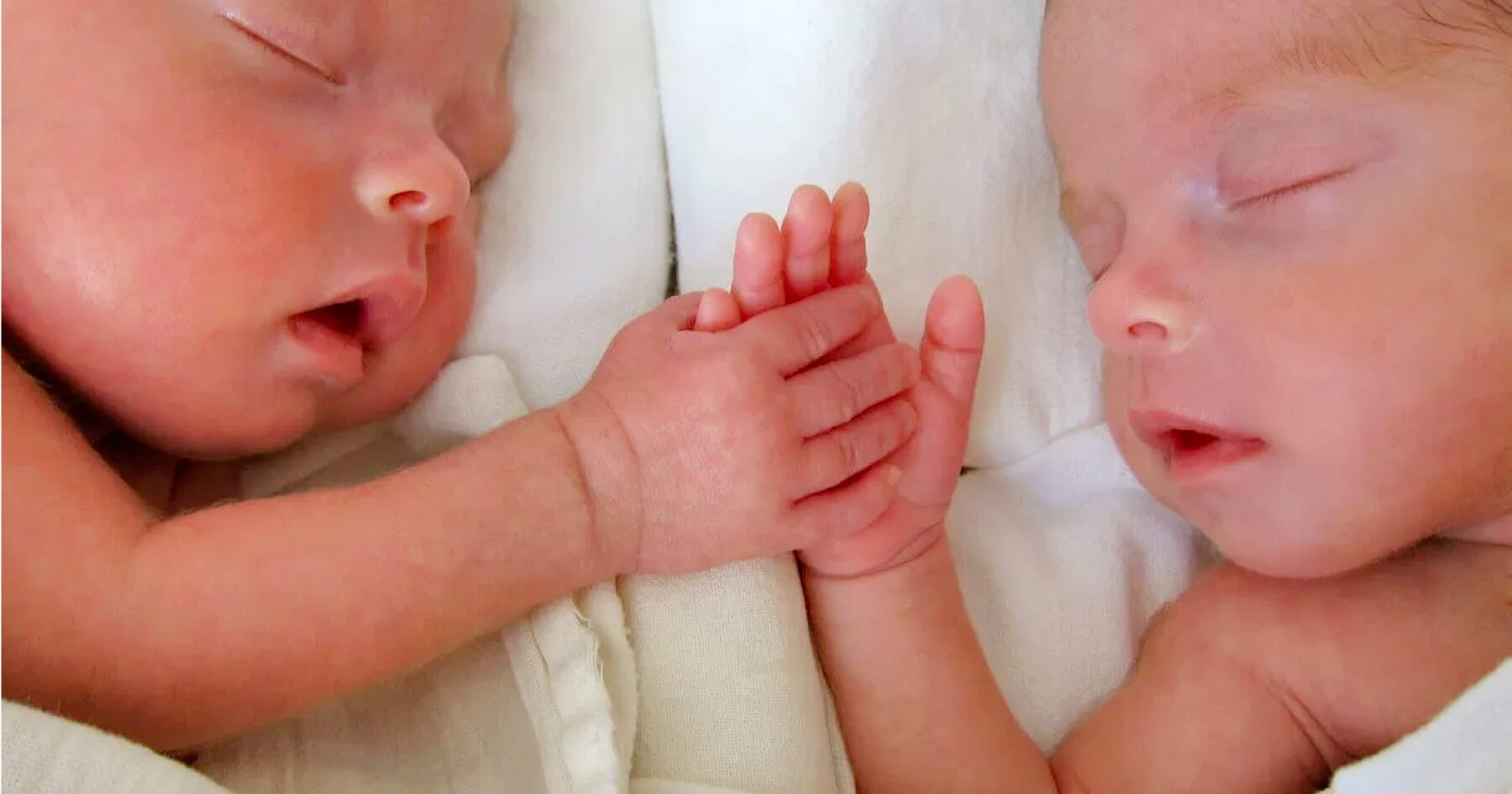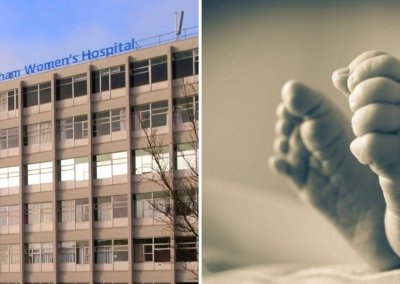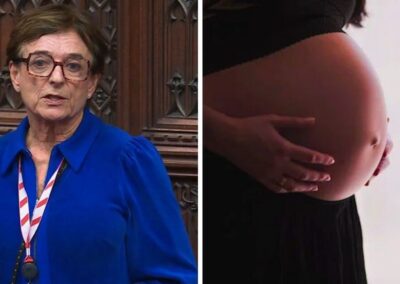Between January and June 2020, there were 55 selective foetal reduction abortions whereby, in cases of multiple pregnancies – twins or triplets, one or more was aborted to ‘reduce’ the number of babies in the womb.
The data was published by the Government in response to a parliamentary question that Labour MP Mary Glindon asked the Secretary of State for Health and Social Care.
This data is provisional and subject to revision, and only covers the first half of the year. However, it is consistent with data detailing the number of selective reduction abortions over the last few years.
In 2019, there were 126 selective reduction abortions, a 75% increase from 2011 when there were 72 selective terminations.
Two-day procedure
A selective reduction procedure usually takes two days. The first day generally involves testing to decide which baby will be ‘reduced’, and the second day involves a procedure where potassium chloride is injected into the heart of each selected baby under the guidance of ultrasound imaging.
The administration of potassium chloride in executions in the USA is considered so painful that it is necessary to first administer an anaesthetic before its use. There is, however, no such obligation to use painkillers in late-term selective reduction procedures in the United Kingdom, despite the mounting evidence that the unborn baby is capable of experiencing pain and distress.
Women speak out about having selective reduction abortions
Outside the United Kingdom, some women have spoken publicly about having a selective reduction abortion.
One woman in the United States recounted her story to the New York Times in 2011.
She described how she was grateful that her sonographer had turned off the overhead screen as she did not want to see the two shadows floating inside her.
The woman described how she had tried not to think about them, but that she could often think of little else.
She was pregnant at 45, after six years of fertility treatment in the pursuit of having a baby – the article recounts that “yet here she was, 14 weeks into her pregnancy, choosing to extinguish one of two healthy fetuses, almost as if having half an abortion”.
She later said: “If I had conceived these twins naturally, I wouldn’t have reduced this pregnancy, because you feel like if there’s a natural order, then you don’t want to disturb it. But we created this child in such an artificial manner — in a test tube, choosing an egg donor, having the embryo placed in me — and somehow, making a decision about how many to carry seemed to be just another choice. The pregnancy was all so consumerish to begin with, and this became yet another thing we could control”.
Another woman recounted expecting a baby boy and a girl. She decided to abort the boy because she already had a son.
Referring to this story, a commenter on UrbanBaby.com said: “Something about that whole situation just seemed unethical to me. I just couldn’t sleep at night knowing that I terminated my daughter’s perfectly healthy twin brother”.
Selective abortion risks highlighted
In 2011, the The National Institute for Health and Care Excellence (NICE) issued guidance which outlined that women should be given information on the “physical risks and psychological implications” of selective reduction abortions.
The guidance suggested that the procedure of aborting one of two or three foetuses is itself dangerous, and may later lead to emotional problems in both the mother and the remaining twin(s).
The increase in the number of selective reductions has been linked to an increase in the number of women becoming pregnant after IVF treatment, which makes having twins or triplets more likely.
Calls to stop selective reduction abortion being introduced to Northern Ireland
When the UK Government was deciding on new abortion regulations that were going to be introduced to Northern Ireland last year, calls were made for a provision to be included in the regulations outlining that selective reduction abortions would not be permitted.
This request was ignored by the UK Government, and selective reduction abortions are now allowed in Northern Ireland.
Right To Life UK spokesperson, Catherine Robinson, said: “‘Selective reduction abortions’ are a particularly disturbing form of abortion. All abortions are, of course, a great tragedy but in these ‘reduction’ abortions, in many cases, the arbitrariness with which one baby is aborted and the other is allowed to live is horrifying. Will the babies who live ever find out what happened to their twin brother or sister, and realise that it could have been them just as easily?”
“Other cases of ‘selective abortion’ where a child is aborted because he or she has a disability, like Down’s syndrome, create a deeply negative impression around disability in a culture which otherwise works hard to ensure that people who are disabled are not discriminated against”.
“Given the recent guidance released by the Royal College of Obstetricians and Gynaecologists (RCOG), which cites cases of mothers being pressured to have an abortion after a foetal disability diagnosis, and its subsequent urging that ‘This should not happen’, one wonders to what extent the mothers of these aborted twins or triplets were pressured into having an abortion”.
“With the COVID-19 lockdowns that we have all experienced over the last year, the pressure on vulnerable women is likely to be even greater than usual. This does not bode well for babies in the womb and evidence has already shown an increase in the general abortion rate. It would not be surprising if this was matched by a further increase in selective reduction abortions too”.











